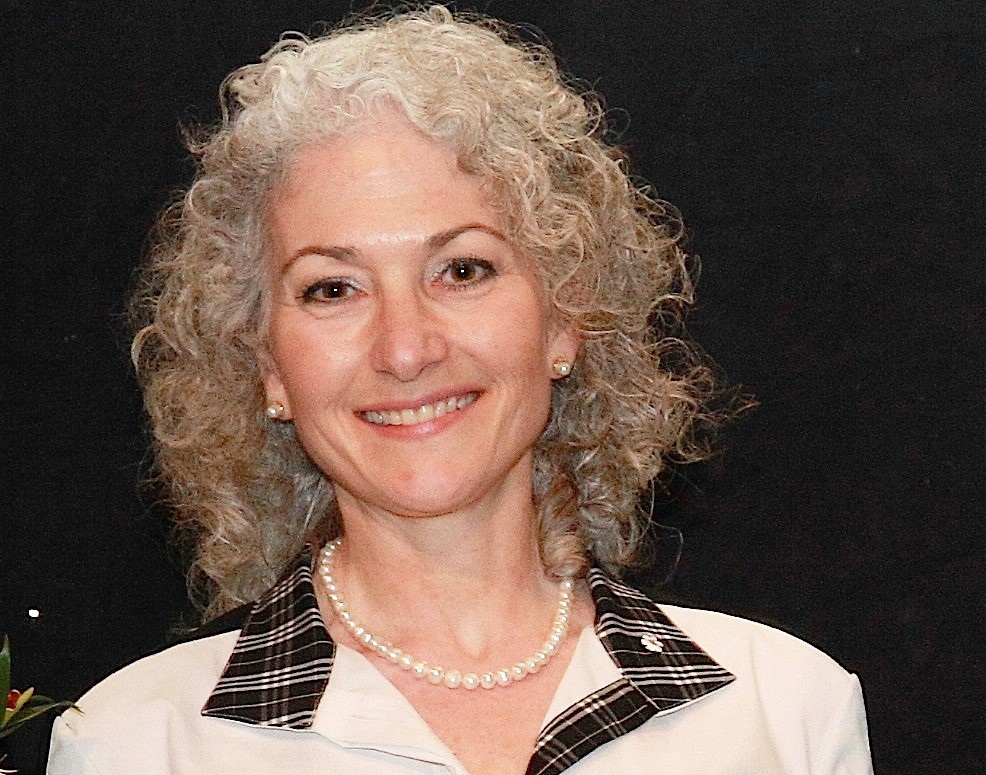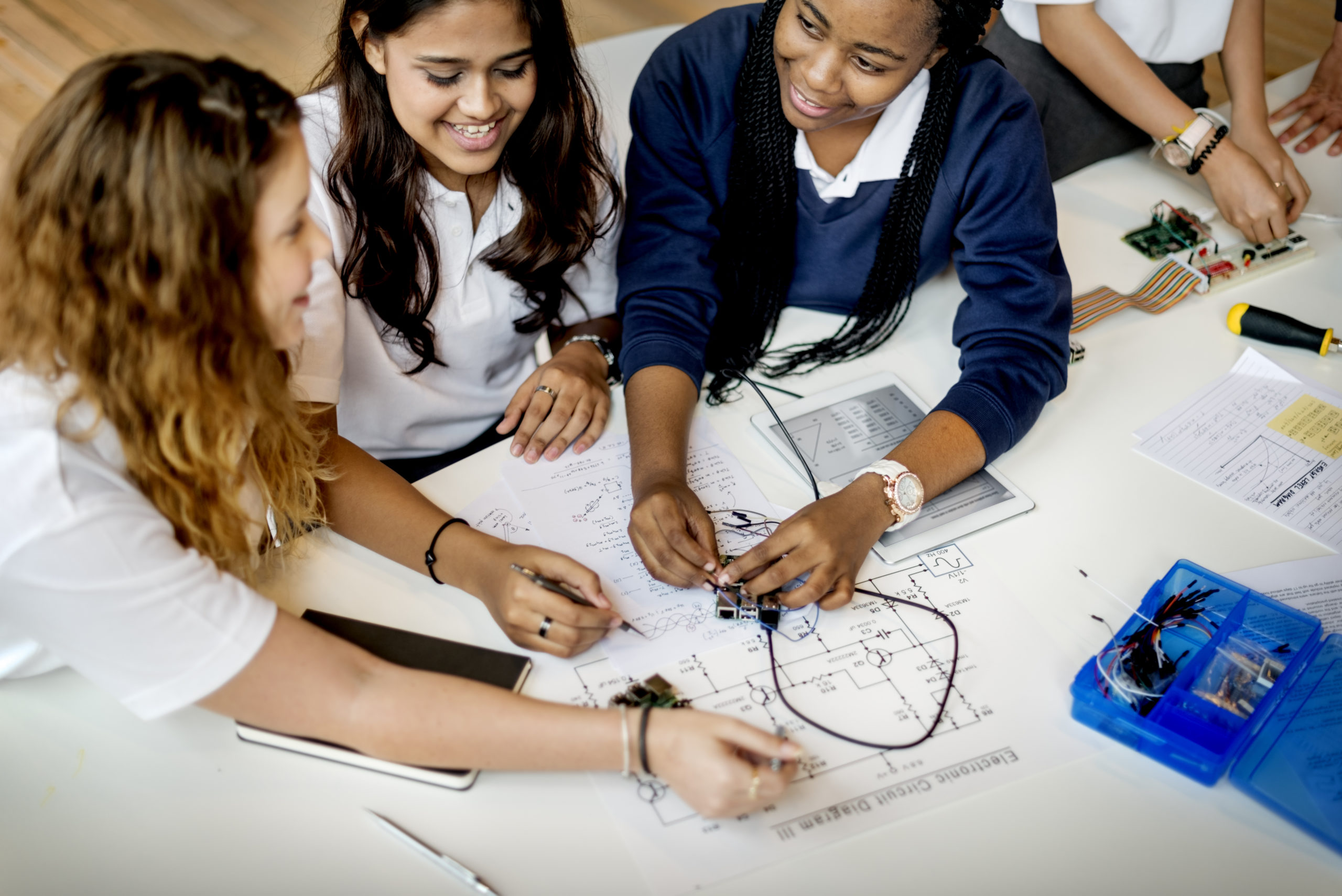Our world is changing much faster than science education. Furthermore, during the global Covid-19 pandemic, technology use accelerated in education, amplifying significant inequities and gaps across all education systems. Public trust in science was crucial for containing spread of the virus and driving vaccine adoption. Around the world, for the very first time, everyone experienced science ‘in real time’ and it became clear that many did not understand the nature and processes of scientific inquiry. This made it much easier for misinformation and disinformation to spread, leading to mistrust in public health guidance and vaccine development. More positively, the pandemic also showed the impact that collective global action can have on our ecosystem as air pollution decreased and biodiversity improved.
When the Expert Group met in early 2020 to develop recommendations for the PISA 2024 science test, Covid-19 had not been declared a pandemic. Our key recommendations were to increase focus on the importance of science education to build identity, systems thinking, digital literacy, and the ability to use evidence for ethical decision-making and deciphering fact from fiction. Practical experimentation in school needed to help youth understand the nature and processes of science, which is a human activity that offers a particular worldview to explore and understand our world (i.e. not a series of recipes). Just over eighteen months later, I believe the panel’s recommendations are more critical than ever.
Effective science education is relevant to the learner and builds critical thinking, problem-solving skills, creativity, resiliency, teamwork, communication and many other transferable skills. Science education for the future must evolve (or transform), to focus more on building the abilities and desire of all youth to contribute in meaningful ways through work and citizenship opportunities in our fragile world.
Contributed by:
Bonnie Schmidt, CM, PhD, FRSC
President and Founder, Let’s Talk Science (Canada)
Member, PISA Science 2024 Strategic Visioning Expert Group
Read the evolution of science education survey report by Oxford University Press here.
Blogs on metacognition:
Nathan Burns: How to successfully implement metacognition in your classroom
Metacognitive strategies in the science classroom by Lauren Stephenson


